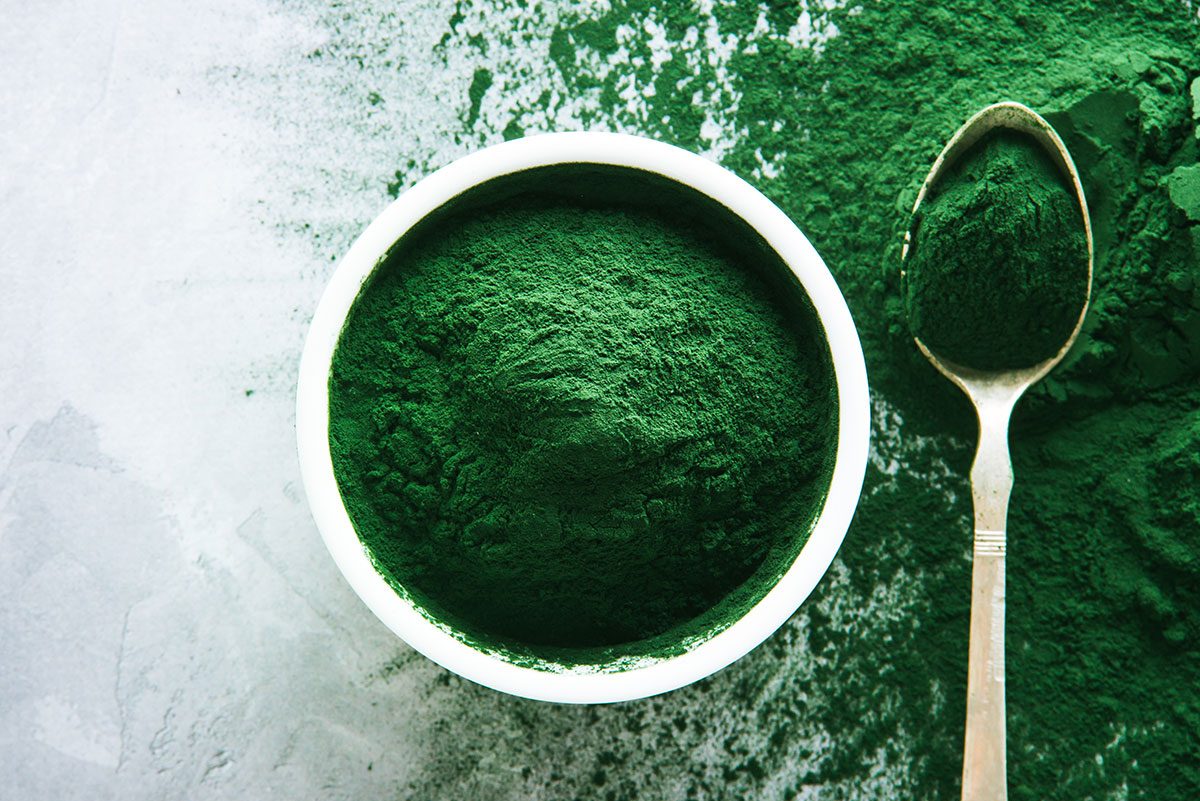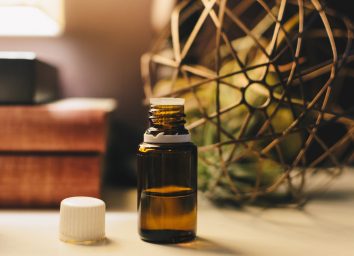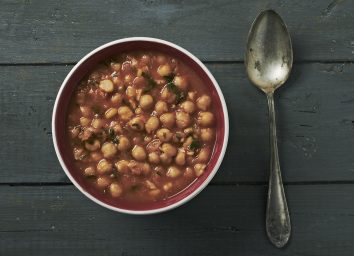What Is Spirulina, and Should You Try It?

You may have noticed that health-forward smoothie companies like Juice Generation or even plant-based protein bars companies like SHANTI are churning out beverages and foods with a greenish-blue ingredient known as spirulina. And there's a chance you might've thought, what, exactly, is that? Well, it's a hot topic in the health world right now, which is why we set out to tell you what spirulina is.
Sydney Greene, MS, RD, lends insight on what spirulina is, the health benefits it provides, and how much you should consume daily.
What is spirulina?
"Spirulina is a blue-green microalgae found in both fresh and marine waters," says Greene. "It is also farmed due to its increasing popularity. Spirulina is harvested, freeze-dried, and sold in tablet and powder form in most health food stores, and many food companies have been adding it to snack bars, energy drinks, granola, and even oatmeal for its health benefits and pretty color."
Perhaps you have heard of Blue Majik before? Blue Majik is simply an extract of spirulina's pigment, phycocyanin. Spirulina powder, on the other hand, is derived directly from the algae itself.
What are some of the known health benefits of spirulina?
We asked Greene to list out a few reasons as to why you may want to consider incorporating spirulina into your diet.
1. It's high in protein.
"Spirulina is known primarily for its high protein content," says Greene. However, in order to consume 15-20 grams of protein per meal, you would have to supplement it with other high protein foods. For example, one tablespoon of powdered spirulina yields 6 grams of protein, which is a lot, considering it's only 45 calories. Add spirulina to smoothies with a serving of plain Greek yogurt in it to increase that protein intake.
2. It's a good source of iron.
One tablespoon of powdered spirulina (9.9 grams) contains roughly 4.3 milligrams of iron, which is about 24 percent of the recommended daily allowance for women ages 19-50, and about 54 percent for men in the same age group. It's especially important for women of child-bearing age to keep their iron intake up, primarily because of how menstruation can deplete her body's supply of iron. For perspective, women between the ages of 19 and 50 require 18 milligrams of iron each day, whereas men in the same age range only need 8 milligrams.
3. It's detoxifying.
"Phycocyanin is the pigment-protein complex that gives the algae its blue color," says Greene. "The complex binds to metals in the body, aiding in detoxification."
Remember, Blue Majik is what's extracted from the pigment, and it's known to offer support for both antioxidant and cellular protection, which may help fend off oxidative stress and, in part, promote natural detoxification processes.
4. It contains magnesium.
Magnesium is a trace mineral that helps to support bone and heart health and may help alleviate anxiety. Magnesium is also associated with a reduced risk of stroke. One tablespoon of dried spirulina (7 grams) contains about 14 milligrams of magnesium, which is about 2 grams more than what you would receive in a 1/2 cup of spinach.
Who would benefit most from including spirulina in their day-to-day life?
Greene says that strict vegetarians and vegans would receive the most benefits, primarily because they are more prone to iron deficiencies and less likely to receive adequate protein. Spirulina helps to reduce the risk of fatigue, lack of focus, irritability, and weight gain.
"For vegans, I recommend adding 2 tablespoons of spirulina to a smoothie or sprinkling it on top of a fruit salad for breakfast," she says. "You can also add 2 tablespoons to oatmeal made with coconut milk if you don't mind the funky blue color. Adding cinnamon to the coconut milk will cut any bitter taste."
Is it generally safe to mix with other supplements and medications?
Greene says that spirulina is generally safe. However, it's important to consult your doctor first before adding it into your diet, especially if you're taking prescription medication. She would not recommend spirulina supplements to women who are pregnant, breastfeeding, or any individual who has kidney or liver issues. It's also very important to identify where the spirulina was sourced from before you take it.
"Concerns over spirulina's safety stems from its ability to absorb heavy metals from an environment," says Greene. "Ideally it is grown in a controlled environment, free of pesticides and fertilizers, and away from access to pollutants. The organic and non-GMO label is also something to look out for. I recommend consumer labs as a resource, as they third party-test many supplements out there."








